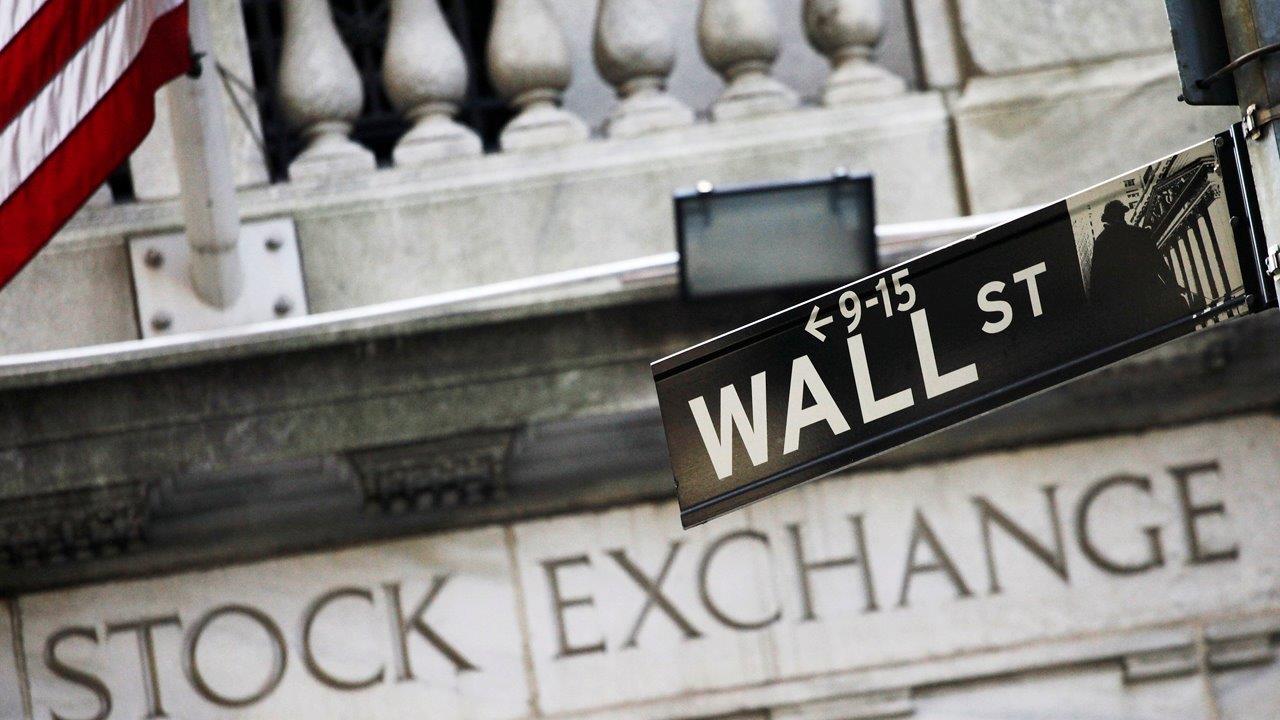Fed's Kashkari: U.S. At Risk for Another Financial Crisis
Seven years after President Obama signed the second TARP stimulus into law, the man who led the first TARP program and newly appointed Minnesota Federal Reserve President Neel Kashkari said the U.S. is still at risk for another financial crisis.
“The biggest banks are still too big to fail. We do need to take transformational actions, and we in Minneapolis are going to bring experts together from around the country, put all the options on the table and give Congress a chance, and weigh in, and hopefully go further,” he said during an interview with FOX Business Network’s Maria Bartiromo.
The 2008 financial crisis led to many bank failures during a time many say the nation’s biggest banks took on too much risk. At the height of the crisis, JP Morgan (NYSE:JPM), at the behest of the U.S. government, acquired the now-defunct Bear Stearns and Washington Mutual, which were on the brink of collapse. Kashkari acknowledged JPMorgan’s role in helping the industry during the crisis, adding that “some banks were begging for help.”
Though the nation’s biggest bank by assets was not one of those in dire need of capital, Kashkari said it shouldn’t be credited with saving the banking industry.
“If all of JP Morgan’s major trading partners had gone in bankruptcy because the U.S. taxpayers didn’t step in, how would JP Morgan be doing?” he said.
While TARP, the Troubled Asset Relief Program, was enacted to unleash $700 billion in emergency funds to the financial system and encourage lending, Kashkari says Congress didn’t address all the risks.
“The banks are stronger today than they were 8 years ago, they do have more capital, they do have better liquidity, but have we taken the risk of financial crisis off the table? No we haven’t,” he said.
Though large banks are the typical means of financing for multinational companies, Kashkari says smaller banks will grow and expand if we transform our biggest banks.
“Big companies do business in countries all around the world -- and they manage thousands of part suppliers all around the world. You’re telling me they can’t manage a few dozen banking relationships?”
The Minneapolis Fed president advocates for splitting up the nation’s biggest banks, and explained why he believes such a move wouldn’t put the U.S at a disadvantage to some of the Chinese and Asian banks. He said for now, the U.S. should focus on the U.S., and not risks other nations take on.
“We should start by doing what’s right for our country, for our taxpayers, for our citizens, for our economy. And then maybe we could get other countries to follow. At the end of the day, if other countries want to take extreme risks with their financial systems, that’s up to them. Let’s protect America, and maybe we could lead the world in a safer direction,” he said.
Kashkari’s remarks on FBN come a day after he spoke at the Brookings Institution, making headlines for his sharp remarks about Wall Street reform. He said he did not speak to Federal Reserve Chair Janet Yellen about his prepared remarks ahead of his delivery. As for his thoughts on the central bank’s monetary policy strategy, he said while there may be differences of opinions among members on the fringes, for the most part, all members agree on the overall direction.
“I look at her testimony last week in Congress and she said we have made progress, which I agree with, but it’s too soon to declare victory, which I also agree with. There may be differences of opinion around the margin, but I look forward to getting her feedback and working with her,” Kashkari said.




















